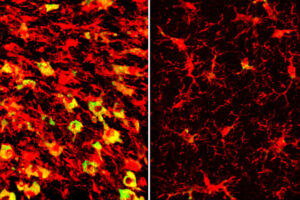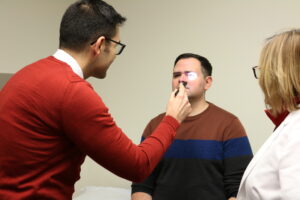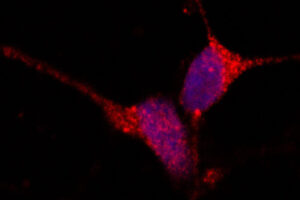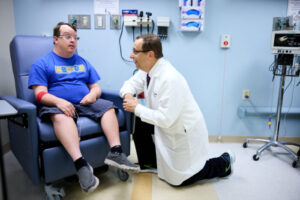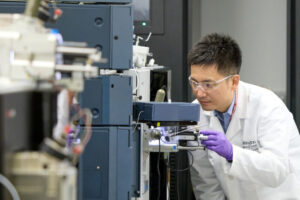Doctors managing deceased organ donors routinely treat the donors’ bodies with thyroid hormones in a bid to preserve heart function and increase the quantity and quality of hearts and other organs available for transplantation. However, according to a recent clinical trial led by researchers at Washington University School of Medicine in St. Louis and Mid-America […]
Long-standing hormone treatment for donated hearts found to be ineffective (Links to an external site)

